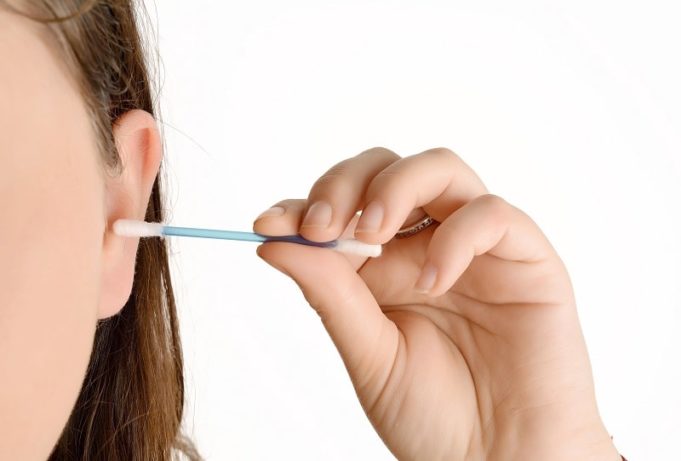Ears top the list of the most sensitive parts of your body, and you should maintain them in excellent health. In some cases, you may experience excessive wax leading to blocked canals and hearing problems. While you can try ear wax cleaning if this happens, a professional can better handle the blockage.
What is ear wax blockage?
Your body generates ear wax to protect the ears. Ear wax acts as a lubricant and anti-bacterial and is produced in the outer part of your ear canal. What’s more, ear wax consists of dead skin cells and can build up in your ear canal, leading to blockages.
Although some people use cotton swabs and pins to clean the blockage, this pushes the wax further can cause injuries to the ear. If left untreated, the blockage worsens, and you may begin exhibiting symptoms like partial hearing loss. Also, it can lead to ear irritation, making it critical to see an audiologist for ear wax removal services.
What causes ear wax buildup?
Ear wax is secreted by skin glands that line the outer part of the ear canal. The wax traps dust and other tiny particles that could damage sensitive structures like the eardrum. Often, you’ll notice small amounts of wax at your ear opening, and this will fall off after cleaning. Your ears will later secrete more wax to replace it, but if you discharge excessive wax and it’s not cleared effectively, this may cause buildup and blockage in the ear canal.
What does the color of my ear wax tell me?
Do you have wet o dry ear wax? This may be in different colors, which may have a meaning. Wet ear wax is mostly in light yellow, orange-brown, or honey in color and is sticky. Dry ear wax is usually whitish, gray, and flaky.
But, sark-colored wax is older and is likely to harbor dust. Your wax may be in the form of discharge which can be whitish, greenish, or pus. If you notice it on your pillow or is black and bloody, contact the doctor immediately.
What are the signs of ear wax buildup?
If ear wax blockage affects your hearing power, the doctor will employ certain measures to remove it. But, how do you know that you have ear wax blockage? This may exhibit different symptoms like difficulties in hearing, dizziness, odor or discharge from the ears, ringing, pain, or a feeling of fullness in your ears.
These signs may indicate other health issues, and it’s best not to deal with ear wax blockage at home. Besides, it’s not easy to tell if you have excessive ear wax without someone examining your ears. And the best person to do this is an audiologist. Again, symptoms like pain, earache, headache, and dizziness may indicate other medical conditions, not just wax buildup.
Will ear wax blockage fix itself?
Impacted ear wax is highly unlikely to clear by itself. Instead, it will continue building up, leading to ear irritation, earache, infection, and hearing loss. Although your ears are self-cleaning and carry out wax from the ear naturally, a blockage requires professional help. And this is particularly true when you are symptomatic.
Do children experience ear wax blockage?
Like adults, kids produce wax and may experience wax blockages. While removing the blocked wax by yourself may seem easy, this can harm and damage your child’s eardrum. The child’s doctor may notice excess wax during usual ear checkups, but you should consult a physician if you notice signs of ear wax buildup.
Can an audiologist remove ear wax buildup safely?
Your ears and eardrums are fragile, and excess wax in the canal can damage them. Moreover, forcing objects in your ears to alleviate the blockage which is risky. This may injure the internal parts, particularly if you underwent ear surgery in the past or are experiencing ear pain. Fortunately, an audiologist can perform an ear wax removal procedure safely to improve your hearing acuity.
A quick wrap up
Ear wax blockage affects both kids and adults alike. It can lead to hearing loss if left unattended, and you should always be on the lookout for signs of ear wax buildup. If you or your loved one experiences the symptoms mentioned above, seek help from a professional and avoid putting objects in the ear to remove the blockage.












